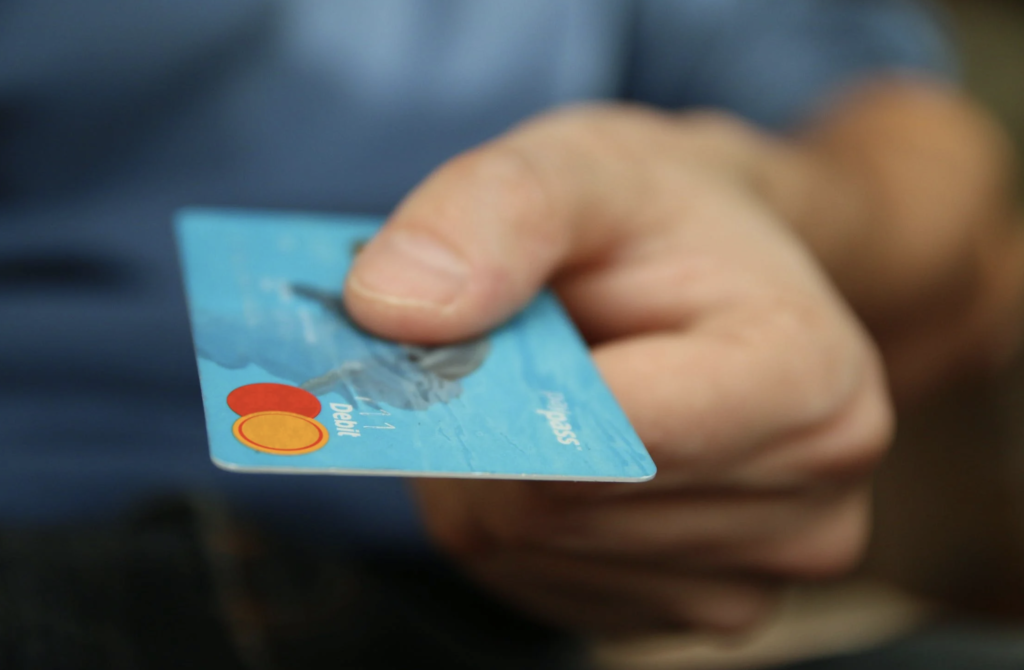In today’s world, debt has become a common part of our lives. Many individuals and couples alike are facing the challenges of debt and financial struggles. While it may seem like a good idea to take on debt to fund various expenses or purchases, it can quickly spiral out of control and negatively impact your life. In this article, we will discuss why couples should stay out of debt and provide some practical tips for staying financially healthy.
You may also enjoy this podcast episode 32. How Debt and Finances Impact Physical and Emotional Intimacy

The Effects of Debt on Relationships
One of the most significant impacts of debt on couples is the added stress it can cause in the relationship. Debt can create tension and strain on the relationship, leading to arguments and disagreements. It can also cause anxiety and depression, as couples may feel trapped in a cycle of debt with no clear way out.
Furthermore, debt can impact the overall financial health of the relationship. It can limit the couple’s ability to save for future goals, such as purchasing a home or retirement. It can also limit the couple’s ability to invest in themselves, such as pursuing education or starting a business.
How to stay out of debt
Staying out of debt is not always easy, but it is essential for financial and relationship health. Here are some practical tips for staying financially healthy as a couple:
- Create a budget: Creating a budget is the first step in managing your finances. It allows you to see where your money is going and identify areas where you can cut back on expenses. Make sure to include all of your expenses, including bills, groceries, and entertainment.
- Live within your means: Living within your means means spending less than you earn. It’s essential to resist the temptation to spend more than you can afford, as this is often the root of debt problems.
- Set financial goals: Setting financial goals can help you stay focused and motivated. It’s important to set realistic goals that you can achieve within a specific timeframe. This could include paying off debt, saving for a down payment on a home, or building an emergency fund.
- Avoid high-interest debt: High-interest debt, such as credit card debt, can quickly spiral out of control. It’s important to avoid taking on this type of debt whenever possible. If you do have credit card debt, focus on paying it off as quickly as possible.
- Communicate openly and honestly: Open and honest communication is critical in any relationship, especially when it comes to finances. Make sure to talk openly about your financial situation and work together to find solutions to any problems that arise.
You may also want to read 4 MONEY EXCUSES KEEPING YOU IN DEBT
We hear from a lot of couples that one of them is a saver and the other is a spender. For couples with different spending habits and financial beliefs, here are some things they can do to balance things out or find compromise.

Create a joint budget
Creating a joint budget is a crucial step in managing finances as a couple. It allows you to see where your money is going and identify areas where you can cut back on expenses. When creating a budget, make sure to include both your partner’s spending habits and your own. Be open to compromise and find ways to adjust your spending habits to fit within the budget.
Set shared financial goals
Setting shared financial goals can help you and your partner work towards a common purpose. It’s important to identify goals that are meaningful to both of you, such as saving for a down payment on a house or paying off debt. Setting shared goals can also help you stay motivated and focused on your financial plan.
Allocate money for personal spending
While it’s important to work together towards your financial goals, it’s also important to respect each other’s individual spending habits. Allocate money in your budget for each partner to spend on personal items or hobbies. This allows both partners to enjoy some financial freedom without disrupting your joint financial plan.
Seek professional help if needed
If you find that you’re unable to resolve differences in spending and saving habits on your own, consider seeking professional help. A financial advisor or couples counselor can help you work through these differences and develop a plan that works for both partners.
Debt can have a significant impact on both the financial health and the relationship health of couples. It’s essential to stay out of debt whenever possible and to take steps to manage your finances responsibly. By creating a budget, living within your means, setting financial goals, avoiding high-interest debt, and communicating openly and honestly, you can stay financially healthy and build a strong and lasting relationship.
Ultimate Intimacy
Want to improve your physical intimacy? Want to spice things up in your marriage? Want to have the marriage you have dreamed of having? Check out the app that can transform your marriage!

